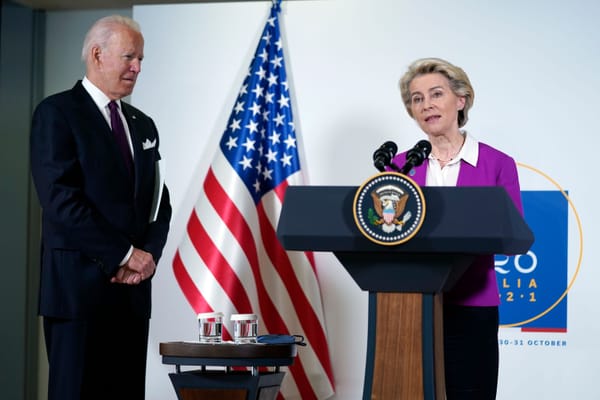One of the tenets of the realist school of international relations is the “rational-actor assumption”: the notion that states, or at least great powers, think and act in a manner that they believe will advance their own interests. The current Russia-Ukraine conflict, and the wider NATO-Russia proxy war playing out in the background, largely validates this theory. The conflict’s three main actors—Ukraine, Russia, and the United States—are all pursuing strategies that one may or may not agree with, but that can hardly be considered irrational. Ukraine understands itself to be fighting for its survival, while Russia believes it is pushing back against an existential threat: Ukraine’s de facto integration into NATO. The United States, even if it doesn’t say so, is clearly using the conflict to pursue geopolitical advantage in the Eurasian region by bleeding Russia, driving a wedge between Moscow and Brussels, and revamping NATO. In all three of these cases, the rational-actor assumption holds.
“European nations have unquestioningly deferred to US strategy.”
There is a glaring exception, however: the European Union. A rational, self-interested approach, at least from the perspective of Western European countries, which have no reason to share their Eastern counterparts’ existential fear of Russia, would have focused on reaching a diplomatic solution to the conflict and re-normalizing economic relations with Russia as soon as possible. Instead, since the start of the conflict, European nations have unquestioningly deferred to US strategy, placing heavy sanctions on Russia and joining America’s proxy war by providing ever-growing levels of military aid to Ukraine and supporting the narrative that the conflict can only be resolved with Ukraine’s total military victory. This strategy, contrary to that of the other major actors involved, has jeopardized Europe’s strategic interests from both an economic and a security perspective.
On the economic front, it was obvious at the outset that cutting off relations with Russia was going to hurt Europe more than its adversary. Indeed, Russia has emerged largely unscathed from the sanctions, if not strengthened, while Europe is still reeling from the knock-on effects of that decision, most notably a “massive and historic energy shock” that crippled industry and households alike. Just last week, the eurozone officially fell into recession due to soaring inflation. The United States, in contrast, is profiting from the situation, because it has forced Europe to rely on importing much more expensive American natural gas.
